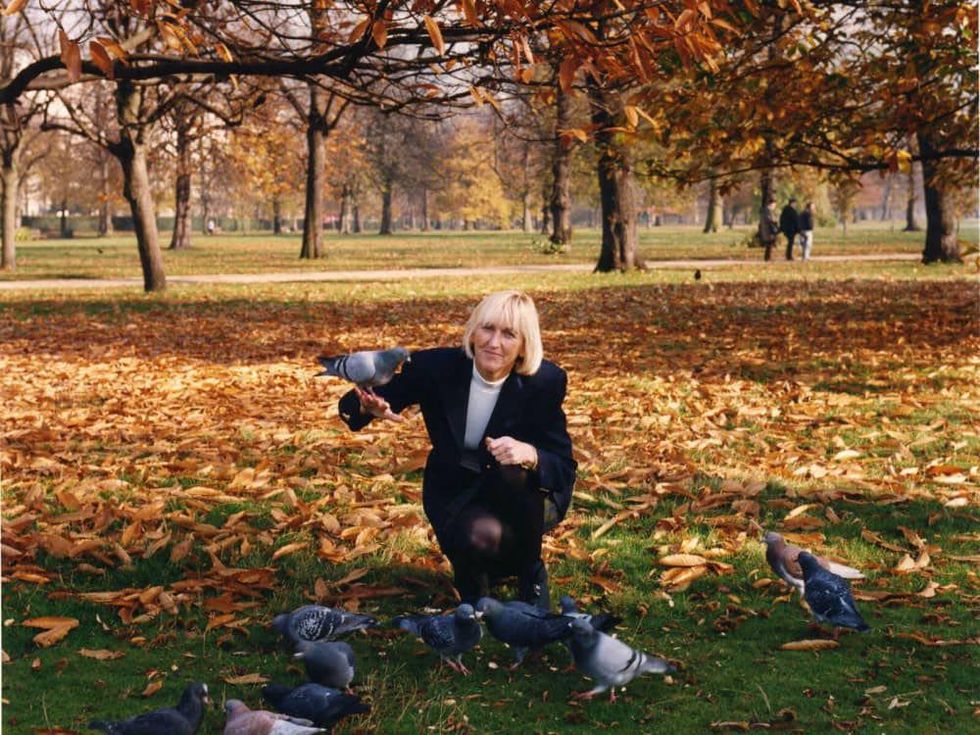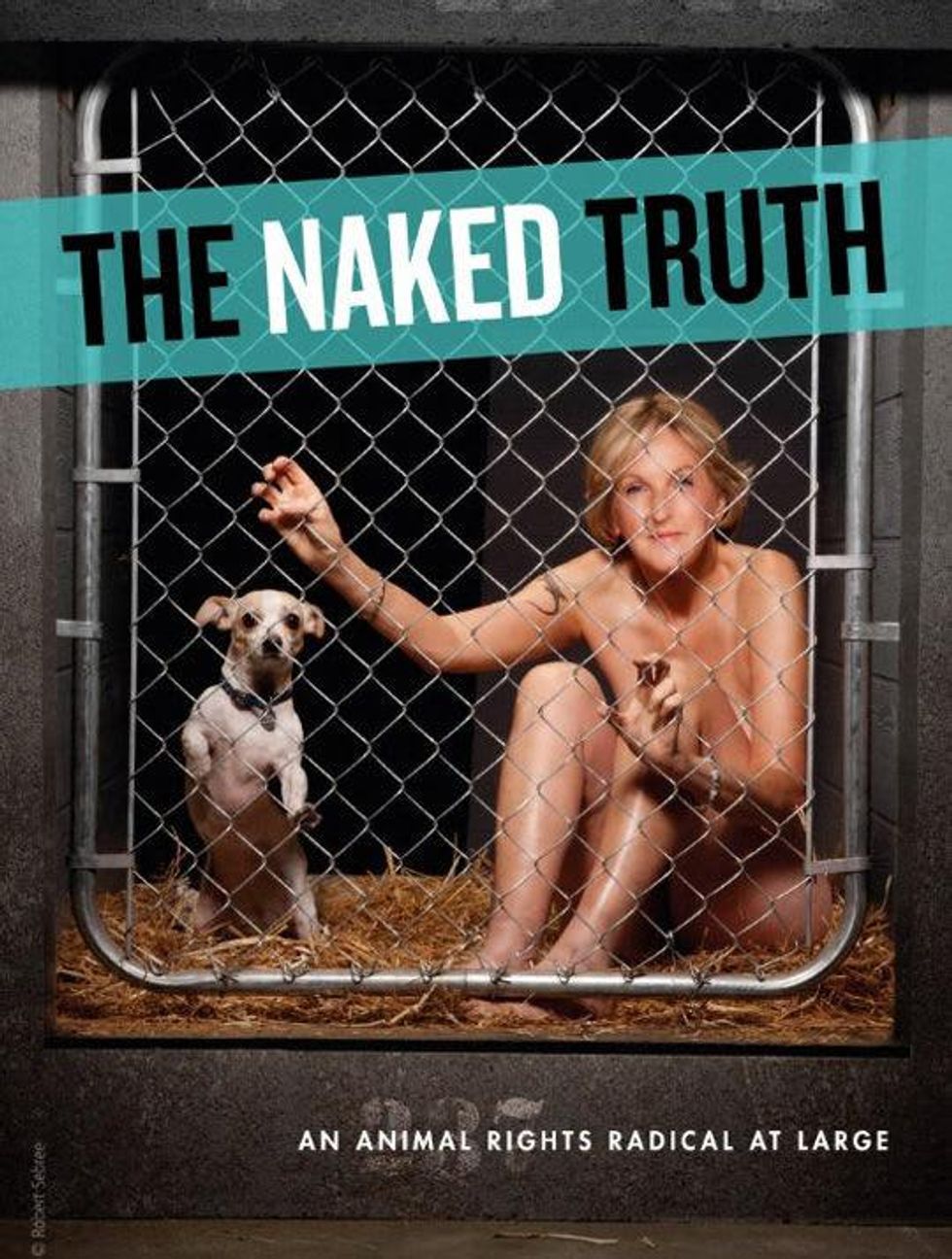Protest Time
PETA founder Ingrid Newkirk brings her brand of animal activism to Dallas
We're taking a guess on PETA's favorite album: Prince's 1981 classic Controversy. PETA, a.k.a. People for the Ethical Treatment of Animals, is one do-gooder group that has never shied away from the spotlight.
Whether it's parading naked girls in front of Neiman Marcus or running shocking NSFW ads, the organization gets tongues wagging, and that's exactly what it wants.
If there is an animal issue in the news, PETA will happily wade in. Its latest gambit: Dipping its toe into the Washington Redskins name brouhaha with a suggestion that the team keep the name Redskins but change its mascot to a red-skinned potato.
"I didn't have a good introduction to Texas, but over the years, the change has been extraordinary," Newkirk says.
Sometimes silly, mostly serious, PETA and its founder Ingrid Newkirk are dedicated to reducing animal suffering, and that often means challenging our entrenched beliefs, including our perceived right to use animals for food, clothing and entertainment.
The group has scored individual victories in areas such as animal experimentation, but on a grander scale, it serves as the harsh tip of the spear. It's often the first to introduce seemingly radical concepts and watches as society slowly follows.
Now Newkirk is taking her message on the road with a stop scheduled in Dallas on October 17, when she appears at the Nasher Sculpture Center at 7 pm.
Home to barbecue, exotic animal farms and snakeskin boots, Texas would seem to be the heart of darkness for an animal lover.
"I used to make a joke when PETA first started in 1980 that, if you can’t eat it in Texas, you wear it," says Newkirk, who, despite her radical profile, comes off on the phone as extremely gentle. She first came to Texas to work on a horse starvation case near Lubbock.
"These horses were left to starve in the fields because the bottom fell out of the horse meat market," she says. "But I think what was most shocking was seeing coyote bodies stuck on the fence line, supposedly as a warning to other coyotes to stay away, when it was really just a nasty demonstration of domination."
But she says things have changed dramatically.
"I didn't have a good introduction to Texas, but over the years, the change has been extraordinary," she says. "Austin is like Berkeley. It's the home of Whole Foods, which was one of the first places you could get vegan organic food.
"Now even in a small town in Texas, you can always find somewhere that can give you a vegan burger with your good beer."
She also gives a nod to Texas fashion designers who are working with pleather and faux shearling. "Dallas is known as being fashionable, and today the fashion is vegan fashion," she says.
She recently visited a sanctuary in San Antonio that was previously a cattle ranch, where the foreman is vegan.
"It's not the only ranch like that," she says. "I know someone who was in the cattle business outside Dallas for years, who became a vegetarian for health reasons, and now her whole family is vegetarian. You can find soy milk, almond milk. It's in every supermarket, and it's not just there for ethical purposes; people are buying it for all sorts of reasons."
She's doing the tour to share her experience in activism.
"If someone tells you something you're doing seems wrong, you get defensive," she says." That's natural. Defensive is the first thing. You have to spout off all your objections. But in the end, you emerge with new thoughts.
"I want to show that there is a large community of caring people linked all over the country and all over the world," she says. "Bring on the fence sitters. We're all at different stages but we're all part of it."


